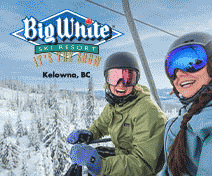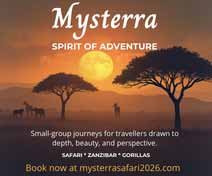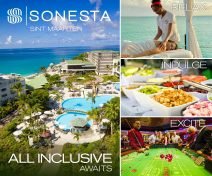Table Talk

Chef Zach Keeshig is Modernizing Indigenous Cuisine
These curated dishes are culinary stories of the maker, a community and our environment
by Kateryna Topol
No surprise that NAAGAN in Owen Sound was recently named No. 9 “Best New Restaurant” by Canada’s 100 Best Restaurants. It’s all in a day’s work for Chef Zach Keeshig, whose 12-course tasting menu brings together Indigenous traditions, foraged ingredients, and fine-dining finesse in a space that feels like home.
The narrow, timber-clad dining room is reminiscent of a cosy woodland cabin. Each table is handcrafted and wood-burned with illustrations of foraged ingredients. Shelves brim with stacked preserves, books, and bundles of drying herbs—token reminders of the simpler days.
But don’t be fooled by the rustic aesthetic. NAAGAN’s tasting menu is a daily performance of culinary storytelling. While the structure remains—bread, meat, seafood, poultry—each dish changes based on what’s available and in season.
The Chef, the Artist, the Storyteller
“I’ve been cooking for over half of my life,” says Chef Zach Keeshig, an Indigenous chef with Ojibwa roots from the Neyaashiinigmiing (Cape Croker) First Nation. His résumé includes time at culinary powerhouses like Langdon Hall, Eigensinn Farm and Restaurant Pearl Morissette.
“At first, I thought I’d modernize my grandmother’s and aunt’s recipes,” he says. “But there were no written recipes. It was all passed-down knowledge.”
Armed with his culinary curiosity, when Chef Keeshig returned home to Owen Sound an idea was sparked—create a modern dining experience rooted in Indigenous ingredients and Michelin-rated techniques.

A Fundamentally Sustainable Kitchen
NAAGAN sources almost everything locally—right down to the ducks, geese and deer, hunted by Treyton Jones from the Chippewas of Nawash Unceded First Nation. Pork and chicken? Off the menu. Instead, expect wild game, lake fish, and other staples long embraced by Indigenous communities. The crayfish, for instance, had to go through formal food safety approval before hitting the plate.
Citrus, black pepper and vanilla are also out. In their place: native herbs like sweetgrass, lemon verbena, and cedar—gathered respectfully from the local garden and surrounding forests. “I didn’t want to say I was doing Indigenous food and not live the life.”
A Business with Community at the Core
Community is at the core of NAAGAN. The fish is caught by Robichaud Commercial Fishing; the ceramics are handmade by local artists like Jon O’Leary and Amanda Miller. “I wanted to introduce more Indigenous businesses into my restaurant,” he explains. The name itself—Naagan—means “dish” in Ojibwa.
“Of course I want NAAGAN on the map,” he adds, “but I also want Indigenous food to be part of the conversation. It belongs in the same sentence as Italian or Chinese.”
Pro Tip
NAAGAN sometimes hosts forest walk-and-dine experiences—meals served in the wild after foraging lessons.
Travel Planner
To make reservations or subscribe to NAAGAN’s newsletter, visit naagan.ca, and follow @chefzachkeeshig









